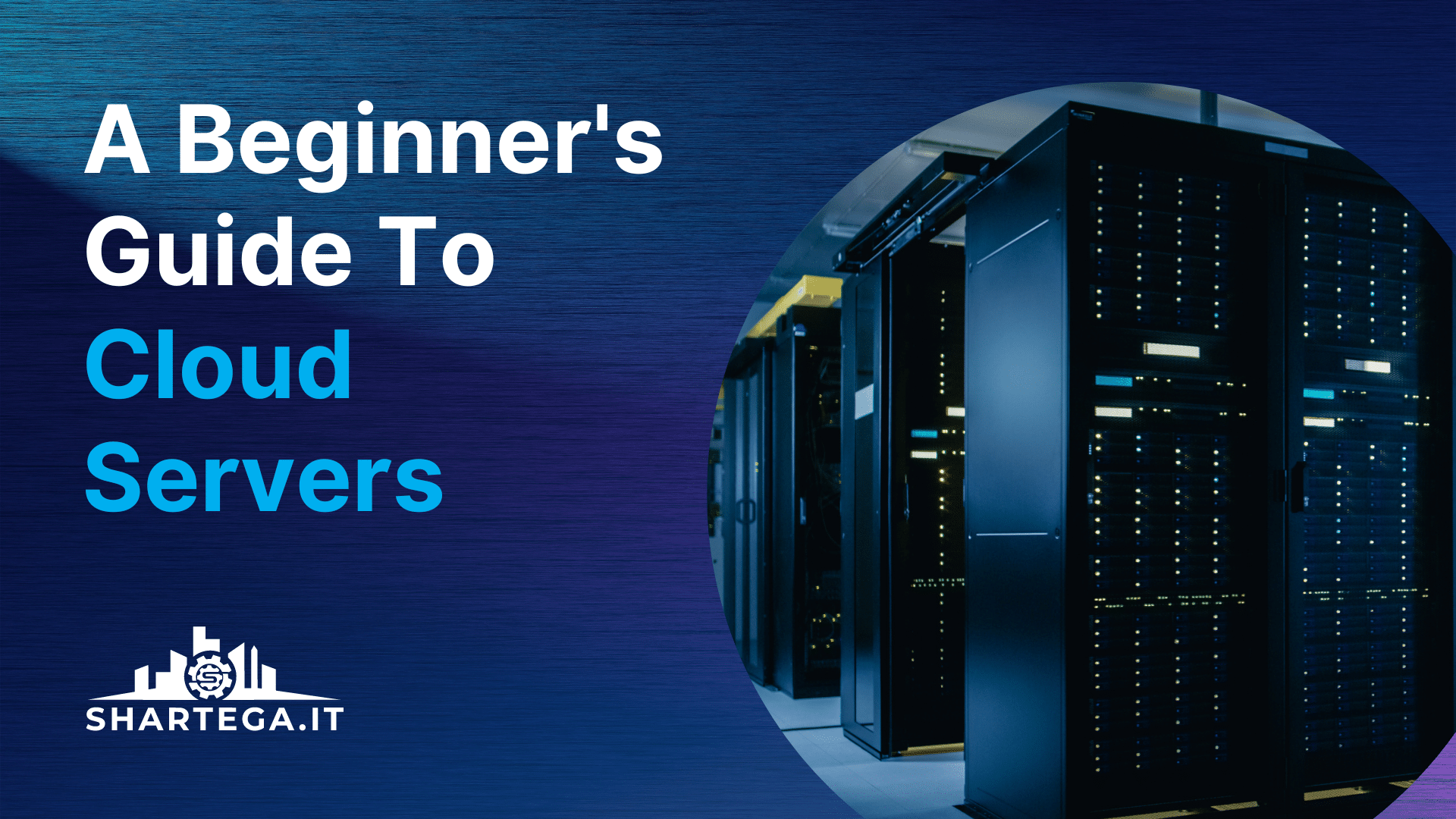Welcome to Cloud Computing 101, a comprehensive guide on cloud servers. Today we will explore what cloud servers are, how they operate, the differences between cloud servers and physical servers, the benefits of cloud servers, and the various types of cloud servers available.
Whether you’re a business owner or IT professional seeking to increase your understanding of cloud computing, or simply want to refresh your knowledge on the topic, having a better understanding of cloud servers can help you make more informed decisions and maximize your return on investments.
What Is A Cloud Server?
A cloud server is a type of virtual server that is hosted on a cloud computing platform. It is designed to provide users with access to computing resources, such as storage, processing power, and networking, on a pay-per-use or subscription basis.
Cloud servers are typically accessed through the internet, allowing users to remotely access and manage their servers from anywhere with an internet connection. This makes cloud servers an attractive option for businesses that need flexible and scalable computing resources but do not have the budget or technical expertise to maintain their own physical servers.
How Does A Cloud Server Work?
Cloud servers operate on a cloud computing platform, a network of servers and storage devices connected and managed by a cloud provider. The provider is responsible for maintaining and updating the cloud platform’s hardware, software, and infrastructure, allowing users to focus on running their applications and services.
When users sign up for a cloud server, they are typically given a set of login credentials that allow them to access a web-based control panel or API. From there, they can create and configure their virtual server, select the desired operating system and software, and allocate the necessary resources, such as CPU, memory, and storage.
Once the server is set up and running, users can access it remotely through the internet using a remote desktop client or SSH (Secure Shell) connection. This allows them to log in to the server, install and configure software, and manage their applications and services as if they were sitting in front of a physical server.
Cloud Servers vs. Physical Servers
Business owners should consider several key differences between cloud servers and physical servers when deciding which type of server is right for their needs.
One of the main differences is ownership. With a physical server, the business owns the hardware and is responsible for maintaining and updating it. With a cloud server, the business is essentially renting the use of the server from the cloud provider, who is responsible for maintaining and updating the hardware.
Another key difference is location. Physical servers are typically housed in a data center or on-premises at the business, while cloud servers are hosted in a remote location, usually owned and operated by the cloud provider.
Scalability is another important consideration. Physical servers have limited capacity and can be difficult and expensive to scale up or down as the needs of the business change. On the other hand, cloud servers are highly scalable and can be easily resized to meet changing demands, often with just a few clicks in the control panel.
Advantages of Cloud Servers
There are several key advantages to using cloud servers over physical servers, including:
- Cost-effective: Cloud servers are typically more cost-effective than physical servers, especially for businesses that do not have the budget or resources to maintain their own servers. Cloud servers can be rented on a pay-per-use or subscription basis, allowing businesses to only pay for the resources they actually use.
- Flexible: Cloud servers are highly flexible and can be easily resized to meet changing demands, making them an ideal solution for businesses that experience fluctuating workloads.
- Scalable: Cloud servers are highly scalable, allowing businesses to easily increase or decrease their computing resources as needed.
- Reliable: Cloud servers are backed by the infrastructure and expertise of the cloud provider, which ensures high uptime and reliability.
- Secure: Cloud servers are typically more secure than physical ones, as they are managed and maintained by the cloud provider responsible for security updates and patches.
Types of Cloud Servers
There are several different types of cloud servers available, including:
- Public cloud: Public cloud servers are owned and operated by a third-party cloud provider, who provides access to the server resources on a pay-per-use or subscription basis. Public cloud servers are typically accessed through the internet and are suitable for businesses that do not want to invest in their own infrastructure.
- Private cloud: Private cloud servers are owned and operated by a single organization, which means that the server resources are dedicated to that organization and not shared with other users. Private clouds offer greater control and security, but can be more expensive to set up and maintain.
- Hybrid cloud: Hybrid cloud servers combine the benefits of public and private clouds, allowing organizations to use a mix of on-premises and cloud-based resources. This allows businesses to take advantage of the public cloud’s scalability and flexibility while retaining control over their sensitive data.
- Community cloud: Community cloud servers are shared by organizations with similar requirements and needs. They offer the benefits of a private cloud while reducing the costs of setting up and maintaining the infrastructure.
Start Your Business in the Cloud Today
Overall, cloud servers offer a range of benefits for businesses, including cost-effectiveness, flexibility, scalability, reliability, and security. They are a popular choice for organizations that need access to computing resources on a pay-per-use or subscription basis, without the need to invest in their own infrastructure. There are several different types of cloud servers available, each with its own unique features and benefits, so it’s important to carefully consider the needs of your business before deciding which type of cloud server is right for you.





